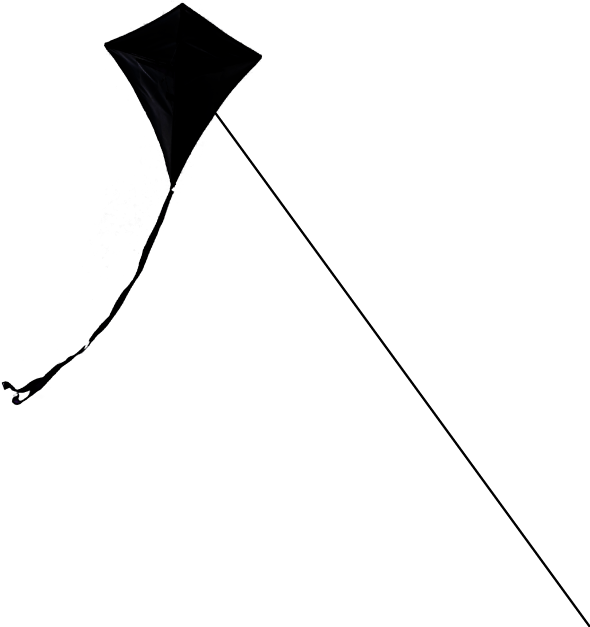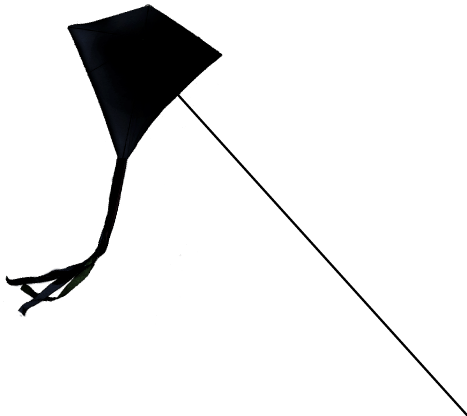Sequel to the Parable of the Good Samaritan
This
sequel from Alethea Black takes a fresh and irreverently modern
perspective on the classic parable.
Luke 10:35 “The next day he took out two silver coins and gave them to the innkeeper with the instruction, ‘Take care of him. If you spend more than what I have given you, I shall repay you on my way back.’”
Dear Mr. Samaritan,
The innkeeper here. Did you think you might be traveling through this way again sometime soon? I’ve still got your friend—the one beaten by robbers and left for dead on Jericho Road?—and the thing is, the gentleman’s medical care has already cost more than the two silver coins you left, unfortunately. In fact, it looks as if it’s going to cost a LOT more than that. Just wanted to give you the heads-up.
Dear Mr. Samaritan,
Me again. The fellow you left here, I should inform you … I’m not sure he’s altogether right in the head. Was he this way before the accident? When he came to, we told him what had happened, and that you, The Good Samaritan, were paying for everything. At first all he did was grunt and ask for casserole. Now it appears he has come down with an assortment of ailments. Initially he said he had something called Hula Hoop Intestine. Then he said his donkey-warts required immediate massage. I asked whether perhaps he’d had the donkey-warts since before his hapless little adventure, but he declined to answer. Just now, when caught stealing biscuits again, he claimed he has Alien Hand Syndrome, where one of his hands acts independently of the other, and of his wishes. He has also run up quite a bar tab. Please advise.
Dear Mr. Samaritan,
Hello. Still me here. Your friend—“King Rufus,” as he likes to be called—seems to be a supermagnet for disaster. (I’m not one to cast stones, but maybe there was a reason the others left him by the side of the road, eh?) While some of his ailments are delusional at best, I do believe he has actual fleas. This is to say nothing of halitosis to rival King Herod’s. (Just kidding! Long live mighty and sweet-smelling Herod!) Most important, he does not appear to have any intention of leaving. In fact, it seems he has invited some lady friends to his room, several of whom have vomited on the bed. When questioned about the accelerating cost of their alcohol consumption, all he says is, “Put it on my tab, fatso!” I know you will get your reward in the Kingdom of Heaven and all that, but would you like me to forward you the bill?
Dear Mr. Samaritan,
Perhaps my previous letters were lost in the mail. At any rate, King Rufus’ cat had a litter of kittens, one of whom he says needs dialysis. Also, his second cousin has just arrived. Apparently has a bleeding ulcer and an ear infection, which he claims you will also pay for. Rufus himself is in even worse shape than when you first dropped him off (thanks again), and has begun seeing a psychotherapist. There’s talk of a group therapy session to work through what happened during the robbery and attack, and of course they would like you to be present during the reenactment. I don’t know if you are familiar with the expression: “No good deed goes unpunished.” But more to the point: Are you still at this address?
Dear Mr. Samaritan,
I take it back. You don’t need to pay the bill. Just remove Rufus from my inn—that’s all I ask. When you called him your “neighbor,” did you mean he lives down the street, or what? I have pinned your address to the front of his tunic. God willing, he will make his way home.







